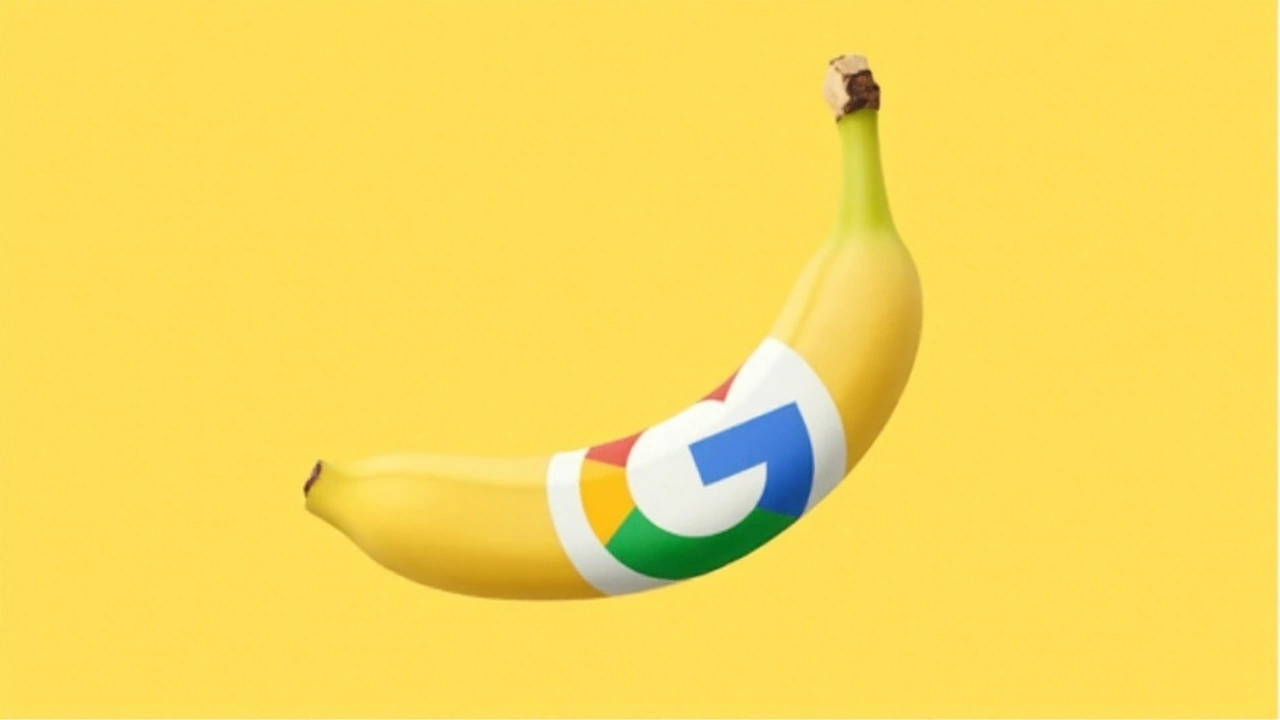Technology & AI
When exploring Technology & AI, the blend of modern tech and artificial intelligence that drives today’s digital world, you quickly see how Artificial Intelligence, computer systems that imitate human thought processes sits at the core. Machine Learning, a subset of AI that learns from data fuels most breakthroughs, while tools like Google Gemini, Google’s next‑gen AI platform built on Gemini 2.0 push the envelope for real‑world applications. Technology & AI isn’t just buzz; it’s the engine behind smarter apps, faster code, and new ways to solve problems.
Why AI coding assistants matter
AI coding assistants are a direct result of the AI‑Machine Learning pipeline: they require robust Machine Learning models trained on millions of code snippets. When a developer asks for help, the assistant draws on patterns learned from open‑source projects, reviews pull requests, and even drafts UI mockups. This workflow shows the semantic link that Technology & AI encompasses AI coding assistants and that AI coding assistants depend on Machine Learning. The result is a tool that can edit multiple files, understand project structure, and suggest real‑time fixes—making the daily grind a lot less painful.
Google’s recent move to make Gemini Code Assist free illustrates how platform owners are lowering barriers for developers. By adding an Agent Mode that handles multi‑step tasks, Gemini blurs the line between simple autocomplete and full‑blown co‑programming. This development creates a clear semantic triple: Google Gemini influences AI coding assistants, which in turn reshape the way Technology & AI is practiced in software teams.
Beyond coding, the same principles apply to broader tech stacks. When an AI model can read an entire repository, it also gains context for deployment pipelines, testing frameworks, and security scans. That means Artificial Intelligence extends its reach from code generation to full‑cycle DevOps automation. The cascading effect is simple: better AI → smarter assistants → more efficient technology workflows.
For professionals keeping an eye on the industry, the key takeaway is that the pace of innovation is tied to three pillars: the underlying Machine Learning research, the openness of platforms like Google Gemini, and the adoption of AI‑driven tools across teams. When all three align, you get breakthroughs that feel like science fiction becoming reality.
Below you’ll find the latest posts that unpack these trends, showcase new features, and give practical tips on integrating AI assistants into your workflow. Whether you’re a seasoned developer or just curious about how AI is changing the tech landscape, the collection offers concrete examples you can try right away.


